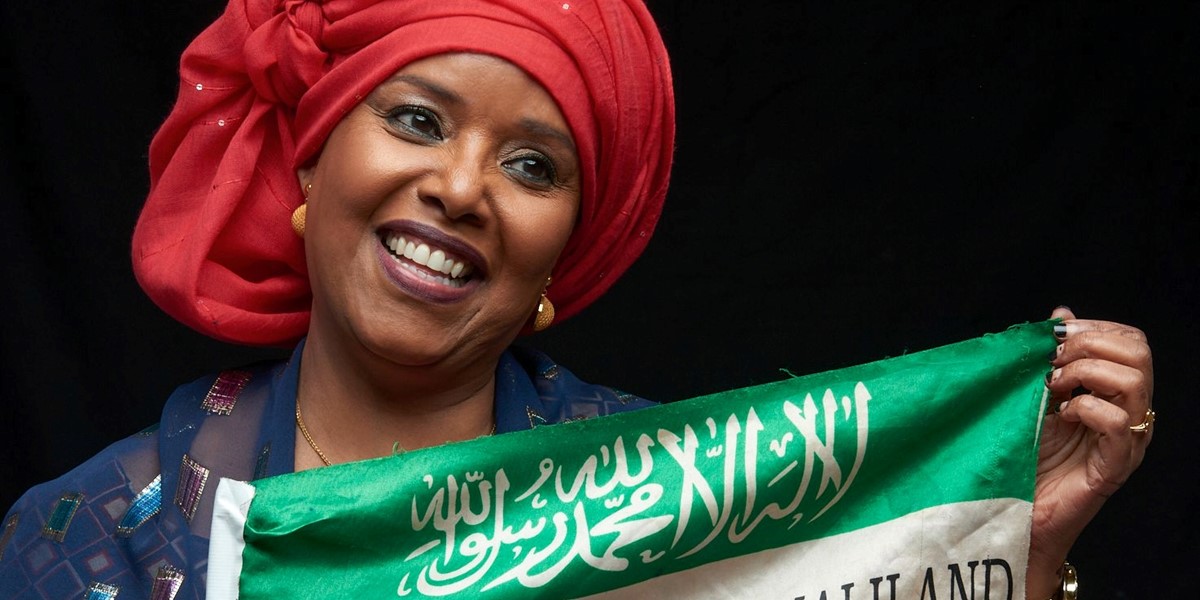Thursday, April 4, 2024
Sahra Halgan interview: “I want to show the world how strong our country’s women are”
By Daniel Brown
On returning to her native Somaliland, Sahra Halgan reflects on a voyage of struggle, activism and discovery, marked by a chance encounter with an unlikely French musical family and a drive for positive change

Sahra Halgan (photo: Xavier Courraud)

Register now to continue reading

Thanks for visiting the Songlines website, your guide to an extraordinary world of music and culture. Sign up for a free account now to enjoy:
- Free access to 2 subscriber-only articles and album reviews every month
- Unlimited access to our news and awards pages
- Our regular email newsletters

